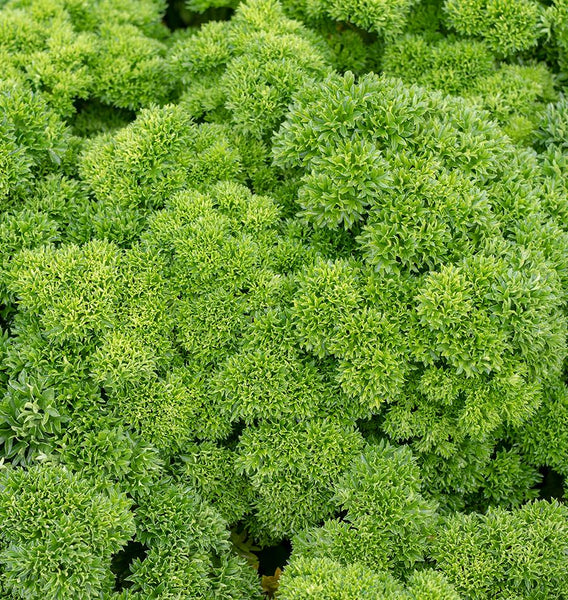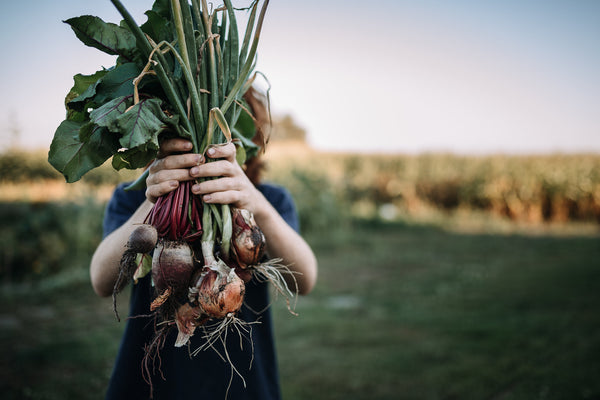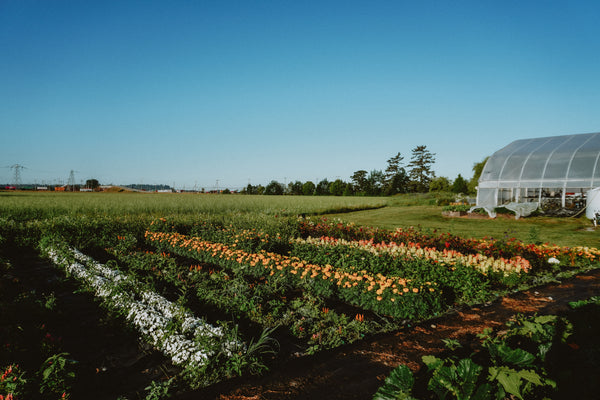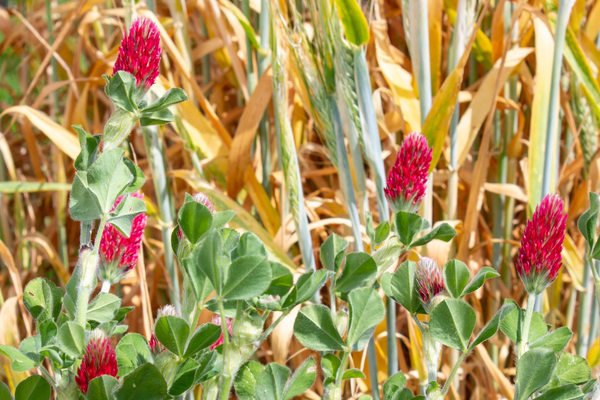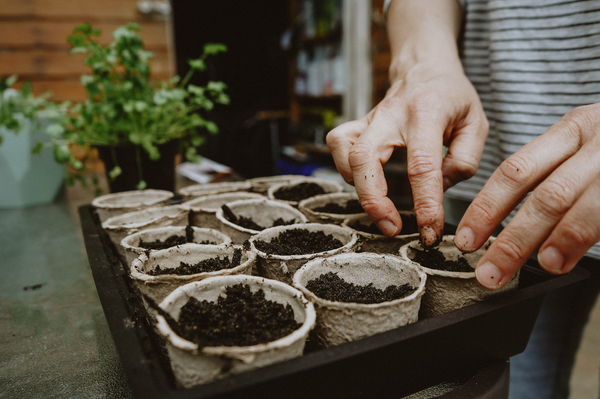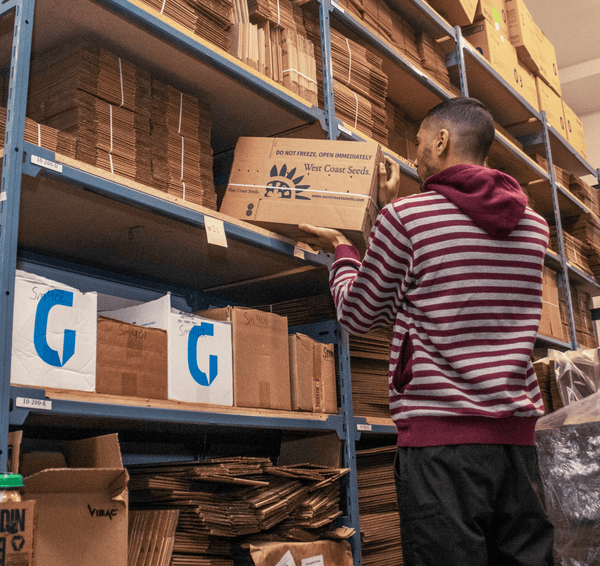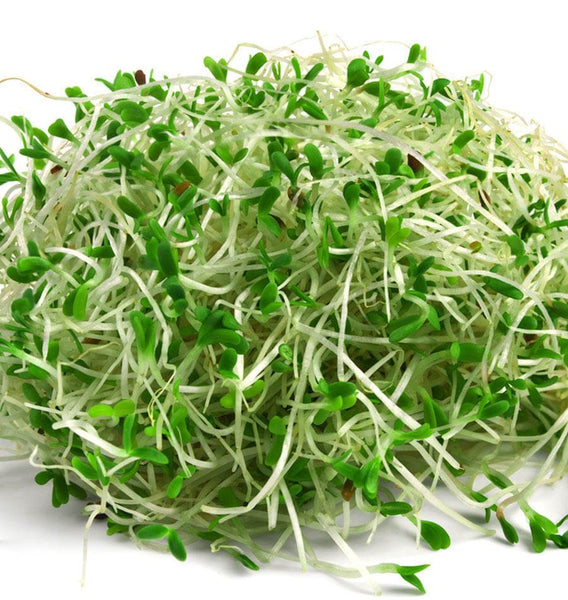Oilfields High School, nestled in the heart of Diamond Valley, Alberta, is more than just a school—it's a hub of innovation and sustainability for a small town with a population of 5,341 (as of 2021). In a region celebrated for its deep connection to the land and a growing emphasis on eco-conscious living, the school has embarked on an ambitious and forward-thinking project: a vertical farm.

The vertical farm, a cutting-edge initiative that combines agriculture with technology, allows students to cultivate lettuce, herbs and microgreens in a controlled, stacked environment. This method of farming is still considered relatively new, which is evident in the limited availability of courses and widespread understanding of the concept. Nevertheless, Oilfields High School is pioneering this approach, integrating it into its educational programs and offering students hands-on experience in one of the fastest-growing sectors of modern agriculture.
Diamond Valley itself has long been a town that values sustainability and innovation, as highlighted in the 2024 Diamond Valley Investment Guide. Agriculture and being sustainable are identified as key sectors driving the local economy. Among the notable features are enterprises like local organic farms and innovative agricultural startups, which not only contribute to the economy but also showcase the town's commitment to a sustainable future.
Oilfields High School’s vertical farm is a perfect reflection of this spirit. It bridges the gap between education and real-world applications, preparing students for careers in sustainability, agriculture, and technology. By giving young minds the tools to understand and practice vertical farming, the school isn't just teaching a skill—it’s planting the seeds for a greener, more self-sufficient future in Diamond Valley and beyond.
This initiative also serves as a beacon for other schools and communities, proving that even in a small town, big ideas can flourish. Through partnerships with local businesses, mentorships with agricultural experts, and collaborations with sustainability advocates, Oilfields High School is ensuring that the concept of vertical farming not only takes root but thrives as a model for others to follow.
When the Vertical Farm arrived it wasn’t working. We had to rebuild it, we had to make improvements and we had to learn from our mistakes. We made it more cost efficient and sustainable because we couldn’t be a burden on the school and we wanted to be sustainable for the community.
Last summer our plan was to build a vestibule with two entry ways but as we were losing our crops due to pests and knowing Vertical Farms are chemical free, the subjective matter advised us to build a biosecurity header house which follows all protocols from Alberta Health Care.
Thus, the purpose of the BioSecurity Head House was for us not to waste crops, not to waste electrical, water, soil, and seeds. We needed to stop pests from going in, we needed a place to put on our lab coats, a place to process, harvest and plant and have the proper building materials that would keep it moisture free.

As we took the advice of our professionals at Planetary Harvest, Chuck Smith and Richard Gibson, who highly recommended us to use structural insulated panels (SIPs). The senior students watched a free orientation on installation. But due to safety concerns and schools insurance policies only a few grade 12 students are able to build it with parent volunteers, community and teachers.
On their website, the manufacturer, ZS2 Technologies, states “SIP TechPanels are not damaged by water, are mold and pest resistant, high quality insulation, durable and easy to maintain. SIP’s help reduce the gaps of traditional buildings where most heat is lost. SIP technology guarantees high performing building materials to develop carbon-negative cement which allows ⅓ carbon footprint.” Since people will be asking us about this interesting project we want to schedule a tour and we want to become community ambassadors for future projects.
When senior students enrolled in Vertical Farming were asked why this project was important to them, one student said, “We had to start from scratch a few times, but we eventually will have a farm that is constructed and stable. We learned that we waste crops by having pests get into the farm.” To measure the success of this project, students plan to make a comparison between last year and this year’s food production to see if pest management causes an improvement in yield. When asked what excites them about this project, another student responded, “The possibility of me living in Canada and farming watermelons in Diamond Valley.” Students are looking forward to increasing yields and expanding the farm.
